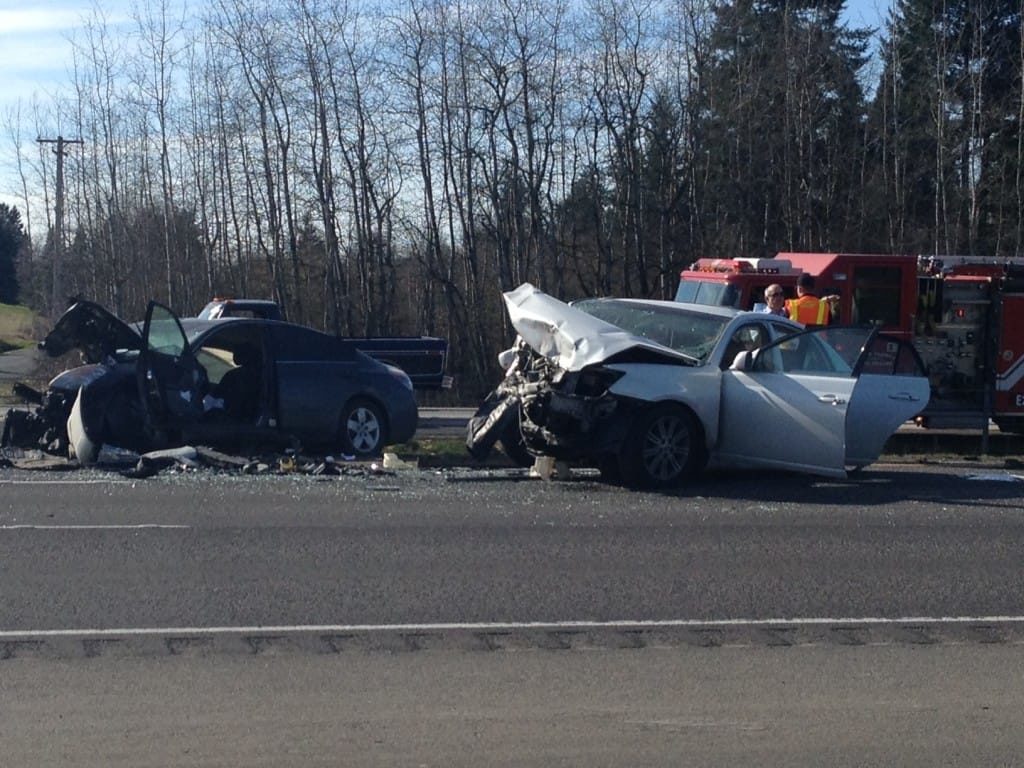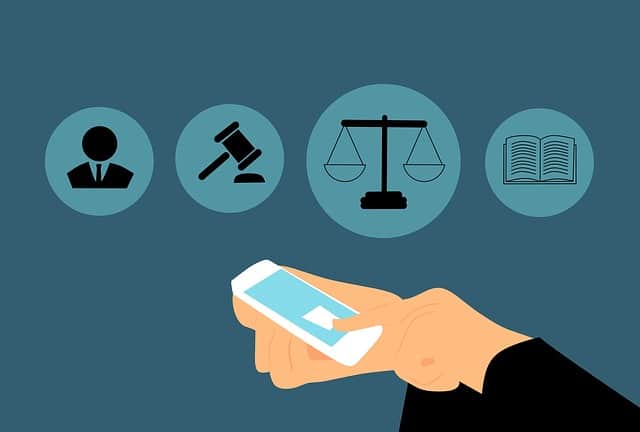
Maryland is an “at-fault” state for determining who has financial liability for harm caused in a vehicle crash. Typically, the driver who authorities find legally to blame for an accident is responsible for the financial costs of injuries and other damage caused. In most cases, the insurance company of the at-fault motorist pays for the harm resulting from the accident.
But some states follow a very different system known as “no-fault.”
No-fault is a type of vehicle insurance in which harm to policyholders is covered regardless of who is to blame for an accident. In a no-fault state, harmed drivers do not need to pursue legal claims against another driver — or the driver’s insurance company — to be reimbursed for the damage caused by the at-fault driver. Currently, 12 states and the Commonwealth of Puerto Rico have no-fault insurance systems.
Laws vary among the no-fault states. Some impose a limit on the benefits a motorist’s own insurance company will pay, while others have no limit. In most no-fault states, motorists cannot make claims for damages due to personal injury, including pain and suffering, against the at-fault driver until medical bills reach a certain financial threshold or an injury is judged to be serious enough.
Under a no-fault claim, an insurer typically pays medical bills and reimbursement for some portion of lost earnings — either for the amount of the claim or up to the state’s limit, whichever is less. In some states, a no-fault insurer pays only a small portion of medical bills if the injured person has health insurance. When medical bills from an accident exceed the no-fault limit, the accident victim’s health insurance plan is expected to pay the remainder. Victims who don’t have health insurance — or benefits through a government program like Medicare or Medicaid — may be left to pay the bills on their own.
States like Maryland that have at-fault vehicle insurance are known as tort states. The majority of states fall into this category. Under an at-fault system, “at-fault” cars are considered to be responsible for any resulting harm — including injuries and other medical problems, pain and suffering, and property damage.
The financial costs of the damage are covered by the insurance policy for the at-fault vehicle. Typically, a three-year rate increase results from an at-fault claim. For a second at-fault claim in a three-year span, an insurer may not renew the liable driver’s policy.
Accident forgiveness coverage is add-on insurance that can help defray costs for motorists who are found to be at fault in accidents. The coverage allows a motorist to file one at-fault claim without an increase in the accompanying insurance premium. Not all carriers offer accident forgiveness coverage, and it may not be worth the cost for all drivers.
In most no-fault states, consumers are required to cooperate with their insurance companies in accident claims. As a result, typical rules for dealing with insurance companies are discarded. After an accident in Maryland, your attorney might advise you not to provide a recorded statement to the insurance company of the other motorist without appropriate legal counsel, for instance.
But in no-fault states, consumers may be required to provide recorded statements and even to agree to a medical exam with a doctor that the no-fault insurer selects. Failing to cooperate with a no-fault insurer can mean a canceled insurance policy.

If you’re a Maryland resident and you’ve been in an accident, it may be to your benefit that Maryland is an at-fault state. By working with a car accident attorney, you can seek compensation for your medical expenses, lost time from work, pain and suffering, and other expenses you’ve incurred due to the accident. For a free car accident consultation, please contact DuBoff & Associates, Chartered.
Updated July 2019
Filed Under:
Comments are closed.